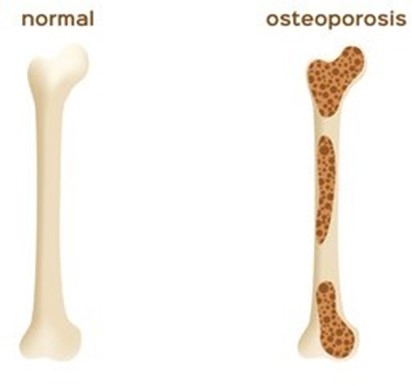A nurse is caring for a client who has anorexia nervosa and insists on exercising three times each day. Which of the following actions should the nurse take?
Remind the client that if her weight decreases, she will lose a privilege.
Allow the client to exercise once per day for a set amount of time.
Ask the client why she feels the need to exercise so often.
Allow the client to exercise when she wants as long as she eats 50% of all meals.
The Correct Answer is B
Allow the client to exercise once per day for a set amount of time. It is important to set limits and boundaries for a client with anorexia nervosa to ensure their safety, but also to respect their autonomy.
Reminding the client of weight loss consequences (choice A) can be counterproductive, asking why they exercise frequently (choice C) is important, but not sufficient without setting boundaries, and allowing the client to exercise as long as they eat 50% of their meals (choice D) can be dangerous.
Nursing Test Bank
Naxlex Comprehensive Predictor Exams
Related Questions
Correct Answer is D
Explanation
When collecting data from a female client who has anorexia nervosa, the nurse should expect a finding of low bone density.
Anorexia nervosa is an eating disorder characterized by self-starvation, distorted body image, and a fear of gaining weight. Clients with anorexia nervosa are at risk for severe malnutrition, which can lead to a variety of complications, including bone loss and osteoporosis.

Options A, B, and C are incorrect findings in a client with anorexia nervosa. Decreased cholesterol levels may be an indication of malnutrition. Heavy monthly periods, or menstrual irregularities, may occur in clients with anorexia nervosa because of the hormonal changes that can result from severe weight loss. Elevated serum potassium levels are not a common finding in a client with anorexia nervosa.
Correct Answer is C
Explanation
Altered level of consciousness (LOC). Increased ICP can cause decreased LOC or changes in mental status, including confusion, agitation, or coma.
Options A, amnesia, and B, tachycardia, are not necessarily indicative of increased ICP, while option D, hypotension, is actually a sign of decreased ICP. Monitoring for elevated ICP is critical in patients with traumatic brain injury, and early recognition and intervention can be lifesaving. The nurse should report any changes in the patient's level of consciousness or other neurological symptoms to the provider immediately.
Whether you are a student looking to ace your exams or a practicing nurse seeking to enhance your expertise , our nursing education contents will empower you with the confidence and competence to make a difference in the lives of patients and become a respected leader in the healthcare field.
Visit Naxlex, invest in your future and unlock endless possibilities with our unparalleled nursing education contents today
Report Wrong Answer on the Current Question
Do you disagree with the answer? If yes, what is your expected answer? Explain.
Kindly be descriptive with the issue you are facing.
